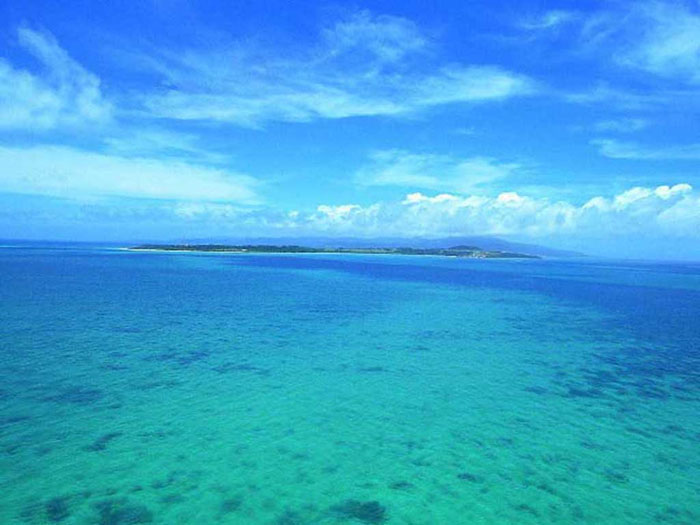Ocean acid content will increase by 150% at 2100
On February 14, the oceanographic intergovernmental committee of the United Nations Educational, Scientific and Cultural Organization (UNESCO-IOC) forecasted the rate of greenhouse gas emissions into the gas. As of today, the acid content in the world's oceans will increase by 150% by 2100.
According to a UNESCO-IOC study, ocean acidification rates have reached unprecedented levels in the past 20 million years. The oceans have absorbed more than 50% of global CO2 emissions.
The current situation of acidification has severely impacted the animals and plants living in the oceans, making many species vital for health and life on the endangered Earth.

Impact of acidification on socio-economy
Each country and global is growing rapidly.
Through the impact on life in the oceans, the impact of acidification on the socio-economic situation of each country and the world is increasing rapidly.
Coastal communities and small island states (SIDS) that depend on marine ecosystem services are the first communities to feel the harmful impact of this phenomenon.
The decline in marine resources and marine biodiversity has directly impacted on countries dependent on fishing and seafood processing and tourism, causing food insecurity for at least 1 billion people on the left. Land.
The United Nations stressed that although ocean acidification has become a global problem and affects all countries, the serious problem is that this risk has not been recognized outside the oceanic research community. .
In order to raise awareness to unify the global action of marine and ocean degradation, UNESCO-IOC organized a series of workshops and published research papers on the impact of acidification and Selected solutions to prevent this risk.
These actions promote the acidification risk assessment program to help countries develop appropriate policies for collective action to reduce or adapt to the impact of acidification, and to call for the topic of acidity. Ocean chemistry became the priority topic of the United Nations Summit agenda on sustainable development in Brazil (Rio + 20) in June.
- The ocean is acidifying at the fastest rate
- How to reduce uric acid naturally?
- The strongest acid in the world: 10 million billion times more than 100% concentrated sulfuric acid
- How to give emergency first aid to people suffering from acid burns
- What is acid rain? How are the effects of acid rain?
- What is folic acid and in what food?
- The prospect of the ocean returning to ancient times in 2100
- How to handle when the body is exposed to acid
- How to handle after taking the wrong acid?
- For the first time, there was a high content of rare earth in the Indian Ocean
- Acid clouds benefit the oceans
- Taking plenty of folic acid is easy to give birth to, sometimes, IVF
 Is the magnetic North Pole shift dangerous to humanity?
Is the magnetic North Pole shift dangerous to humanity? Washington legalizes the recycling of human bodies into fertilizer
Washington legalizes the recycling of human bodies into fertilizer Lightning stone - the mysterious guest
Lightning stone - the mysterious guest Stunned by the mysterious sunset, strange appearance
Stunned by the mysterious sunset, strange appearance